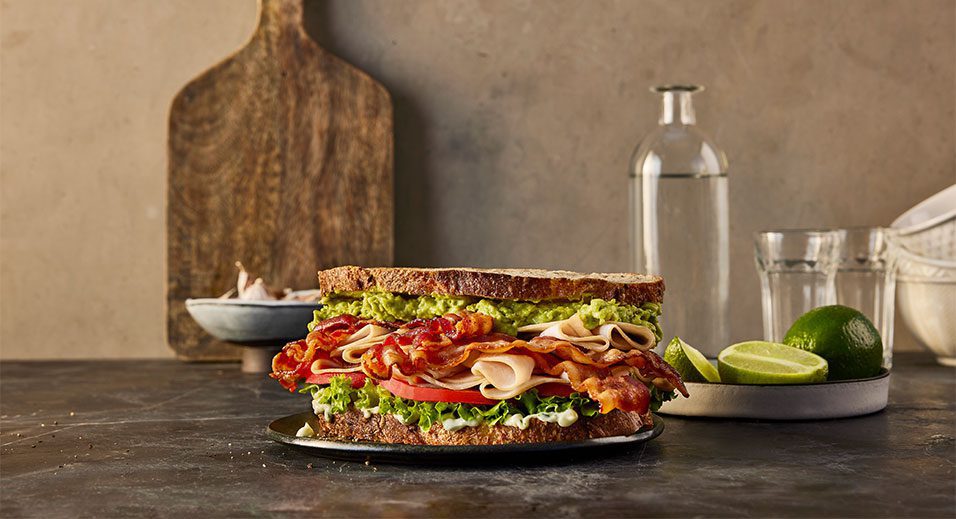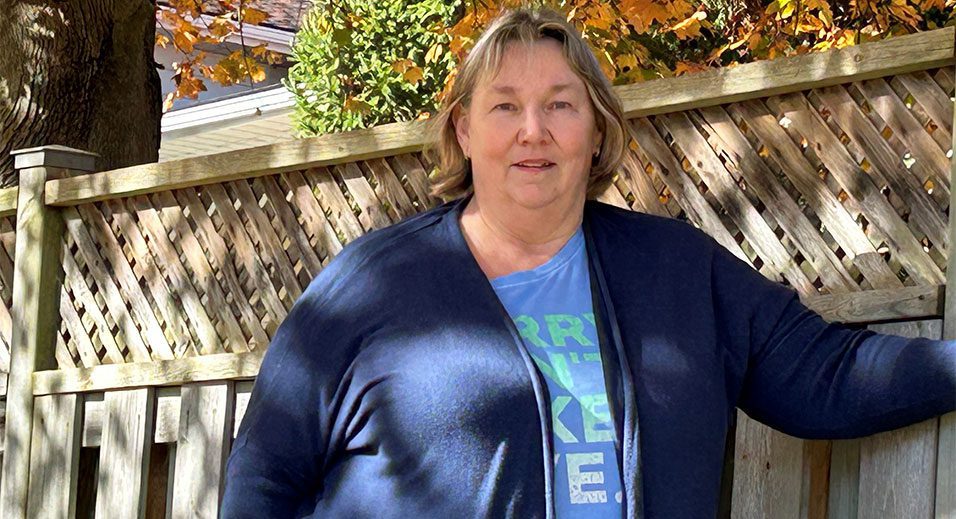As a protein company, Maple Leaf Foods is committed to sustainable livestock production and agricultural practices. We’re investing in two projects that transform biomass and landfill gas into renewable energy to neutralize the emissions we haven’t yet eliminated through our own efforts.
Biomass is organic material that can come from crops, wood or forest residues, food waste, animal manure, and human waste – all which can be transformed into renewable energy. This reduces the amount of harmful methane emissions released into the atmosphere.
Landfill waste releases significant amounts of methane gas as it decomposes. Landfill gas-to-energy is the process of capturing harmful methane gas created by waste in landfills and converting it into renewable energy.
Landfill and biomass to energy projects we support
Among our projects is Merom Farms Biomass to Energy, a large commercial greenhouse operation in the Lower Mainland of British Columbia that consists of 36 acres of covered greenhouse area.
The farm initially used fossil-fuel fired boilers that burned natural gas to operate year-round in a cold climate. As natural gas is costly and negatively impacts the environment, the farm explored the use of biomass for heat. They found local suppliers of waste wood and installed two biomass boilers to provide heat to the greenhouse operations. Between 2012 and 2015, the project reduced 68,054 tonnes of carbon emissions.
CSA Group certifies Merom Farms.
The Spartanburg County Landfill Gas Combustion Project also receives Maple Leaf Foods support.
The Spartanburg project includes a landfill gas collection system and three different destruction devices to combust the collected gas. By using the waste methane stream, the project creates a renewable fuel for both heat at the Milliken plant and electricity that is fed into the electrical grid at the landfill site.
Verified Carbon Standard certifies The Spartanburg Landfill Gas Combustion Project.
We are also supporting projects in forestry, renewable energy, and waste and composting.




